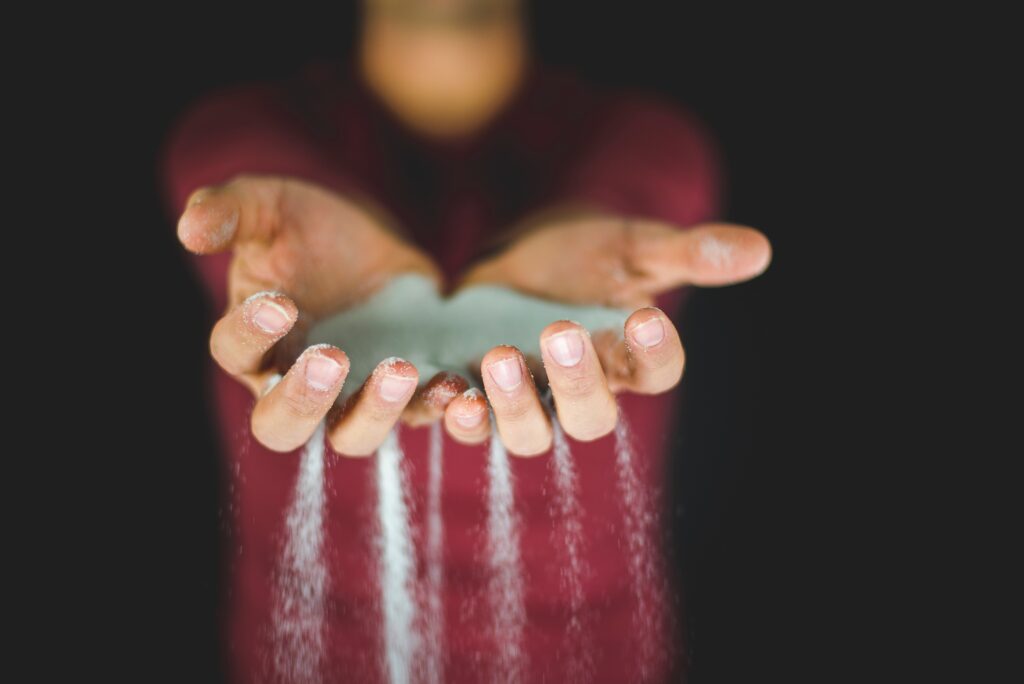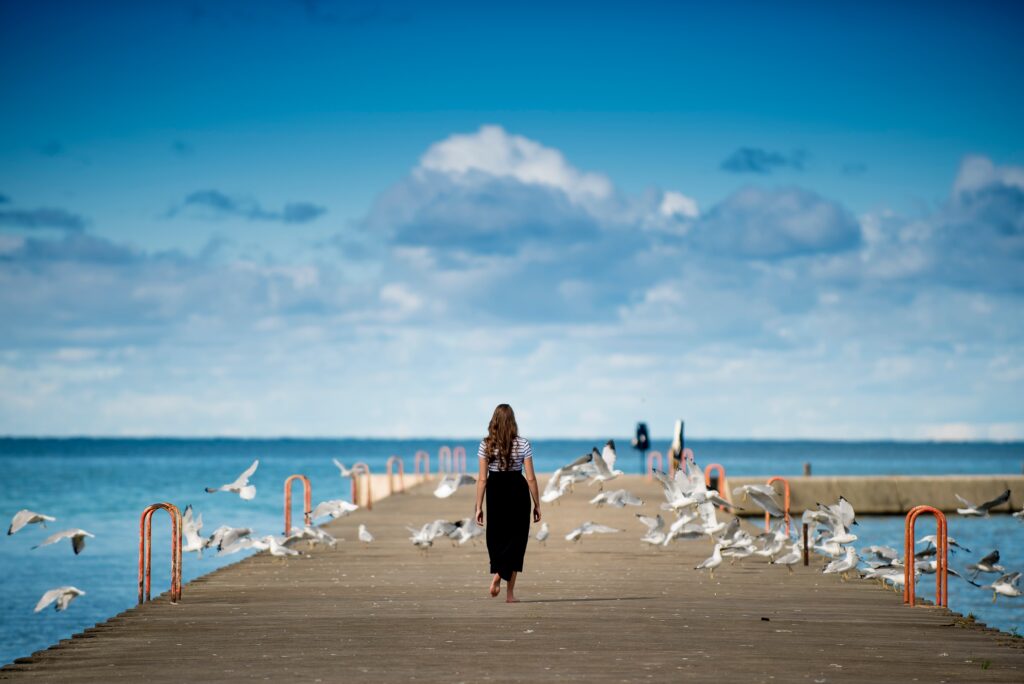
After the death of my daughter six and a half years ago I wrote: “I will never get over this.” This still holds true to some extent. However, I’m no longer in the despair that led me to make over-generalized statements about healing and sentences that implied I had the power of premonition.
Healing – no way!
The topic of healing after child loss is loaded. Loaded with personal definitions, ideas, and expectations from self and others. It is also emotionally loaded with the intensity of the traumatic life-changing event of the death of your child. A father in my first grief support group said: “I don’t want to heal because the pain is my only connection to my daughter”.
Healing – at least in my view and experience – is possible. Before jumping to conclusions or entering into an argument, you would need to ask me: What do you mean by ‘healing is possible?’
Ask yourself: What do you believe about healing? What is healing? What does it mean when used as a noun (the healing), as a verb (I heal) or in its progressive form (I am healing)? Definitions are personal and are based on what we’ve learnt, been influenced by and the myths we’ve been fed.
The most suitable definition I found is: “healing means to alleviate a person’s distress or anguish”.
Healing is personal
In the same way we individually define healing, we also heal in our very own personal way. What is supportive and helpful to me, might not be for my partner.
I processed the loss of my daughter a lot through my writing. First, it was by writing personal emails and notes on Facebook. I just needed to find words and express myself, initially not with the purpose of letting people know but to clarify things for myself. In the beginning, it was a safe way to talk to people without having to reply to their responses. The distance between the writer and the reader was my safe place.
With my mother’s suicide, I chose a completely different path: I joined a group of family survivors of suicide victims for a year-long group. It was intense, intimate, deep and very much worth every minute we spent together. I had also spent a few hours in grief group sessions after the loss of my daughter, but this was a different experience.
Healing expectations
In many cases, those who have expectations (or wishes) about our healing have not experienced the loss of a child. Even our own expectations, which we can hear in statements like “will this ever get better” or “when will I be better”, are based on an experience (pre-child loss) that is not comparable to the one we are having right now (post child loss).
Far too often the emotional healing after child loss is compared to physical healing from a wound or illness. This is so vastly different, there should be different words!
Healing is an activity
Writing, finding words for my experience, and especially the time it took to go through the memories, talking to other parents, was what helped me most.
The second most helpful was when I translated my first book Grieving Parents: Surviving Loss as a Couple from English into German and the realization that came from the changes that had already happened within that year since writing it.
And of course, being a beacon of light for others through my heart-work with events such as May We All Heal as part of the Grieving Parents Support Network.
What is helping you alleviate your distress and anguish?



